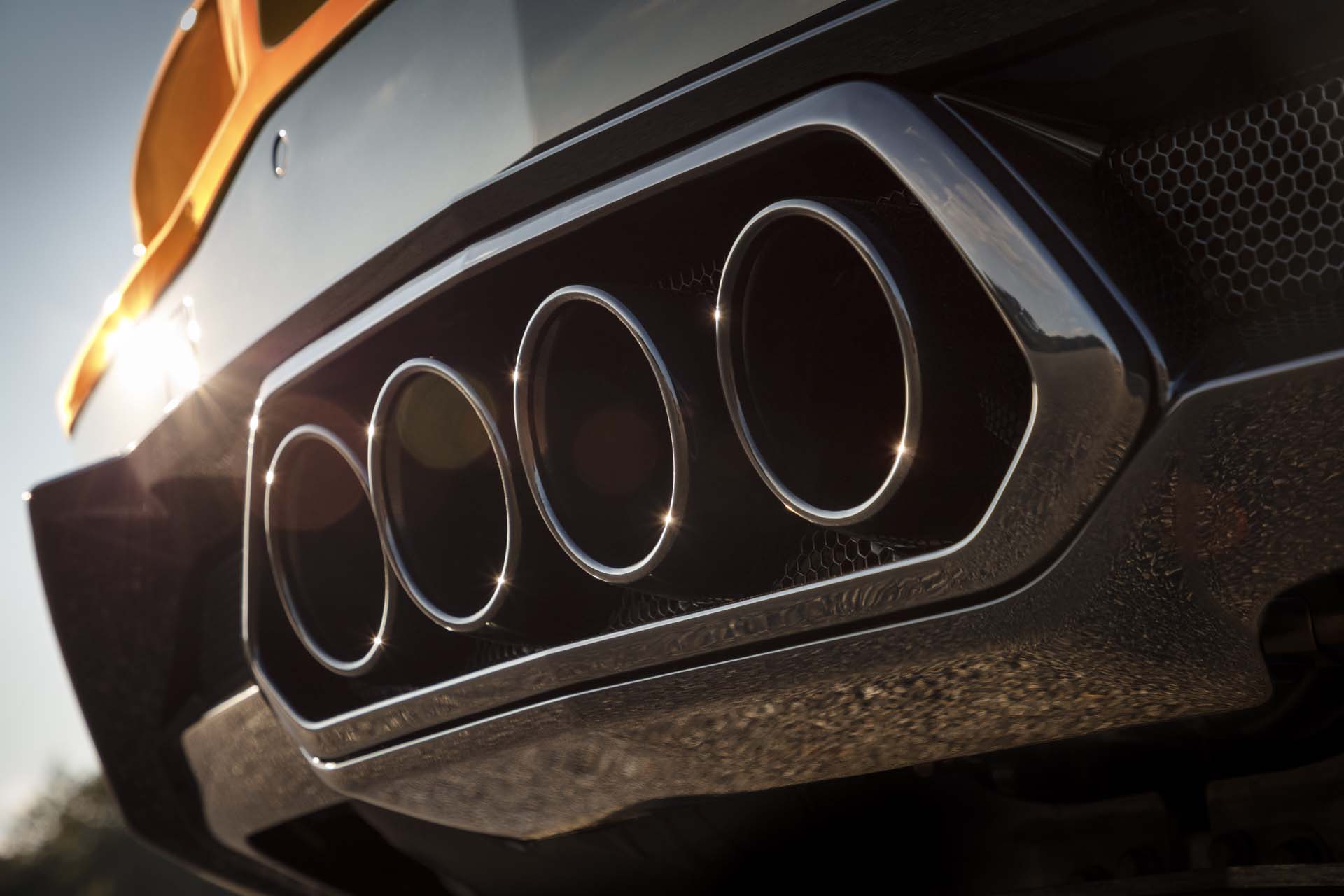Canada has joined a growing band of countries planning to ban the sale of vehicles powered solely by a gas or diesel engine.
Following a pledge in 2021, the current government on Tuesday finalized rules designed to curb emissions from the vehicle fleet.
The rules mandate that all new passenger vehicles sold in the country, including light trucks, must be zero-emission vehicles starting in 2035. In this case, plug-in hybrid vehicles with sufficient electric-only range will also be considered as zero-emission vehicles, alongside electric and fuel cell vehicles.
The rules also include interim targets. For example, zero-emission vehicles will need to make up at least 20% of all new vehicle sales by 2026 and at least 60% by 2030. Currently in 2023, electric vehicles make up just over 10% of new vehicle sales in Canada.
The government has also pledged to spend $1.2 billion to build 84,500 chargers across the country by 2029. The government also said it will work with manufacturing groups to help with the transition. We’ve already seen this with Canada’s Automotive Parts Manufacturers’ Association (APMA), which in 2021 launched Project Arrow to call on companies in Canada’s automotive industry to develop a zero-emission, self-driving vehicle.
Canada’s transport sector accounts for roughly 25% of the country’s greenhouse emissions.
Similar mandates have been introduced in the U.K. and in the E.U., once again with the same 2035 target. Some 17 U.S. states are also planning similar rules.
The E.U. mandate is slightly different as it requires vehicles to produce zero carbon emissions by 2035. This means there is room for vehicles powered by carbon-neutral e-fuels to still be sold.

